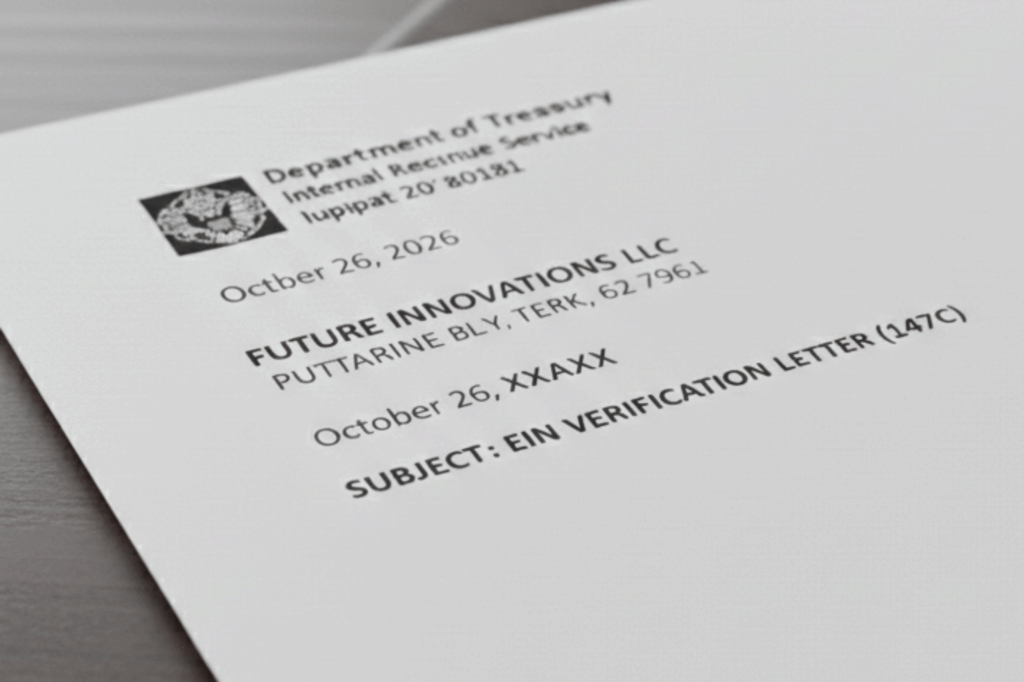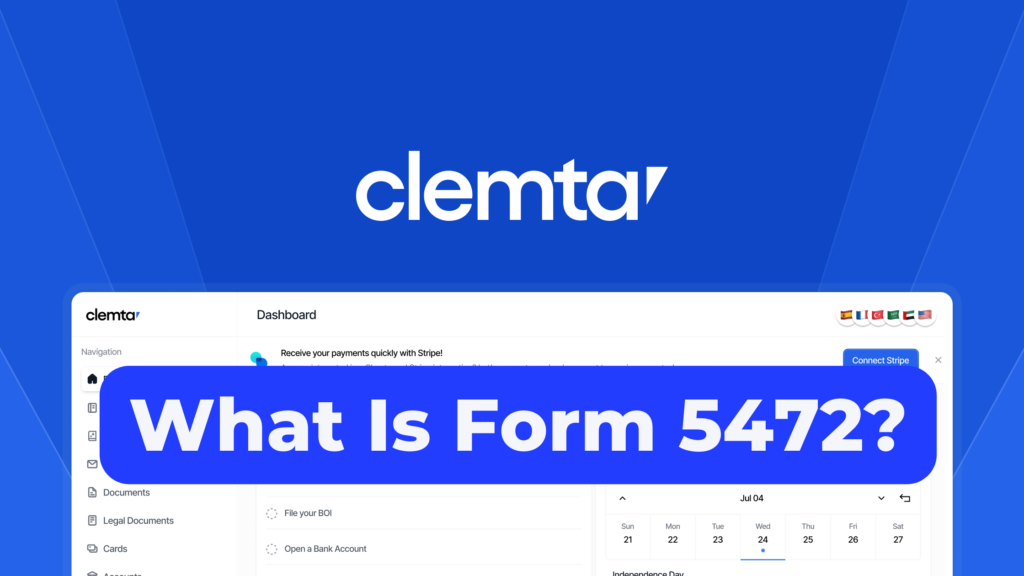Incorporating a business involves establishing it as a separate legal entity, a crucial step for any business owner. This guide will delve into the definition of incorporation, the best states for incorporation, types of companies, and the steps required to incorporate in the United States.
Understanding Incorporation
Incorporating your business as a separate legal entity in the United States is one of the most significant steps you will take. Initially, forming a company overseas may seem daunting. However, incorporating in the state of Delaware as a non-resident offers a more straightforward and time-efficient process compared to other U.S. states, thanks to Delaware’s start-up-friendly legal system.
Why Choose Delaware?
Some sources may question Delaware as the ideal starting point for your new incorporation. Nevertheless, more than half of U.S. publicly-traded companies and 64 percent of the Fortune 500 are incorporated there, according to the state’s Division of Corporations. Companies like Facebook and Yelp have finalized their IPOs in Delaware.
If you decide to form a company in Delaware, there are still several important steps to consider.
First Step: Choose Your Company Type
You must decide on the type of company that will best suit your business needs. Despite the numerous company types in the U.S. legal system, as a non-resident, you will need to choose between forming an LLC or a C-Corporation.
LLC
A limited liability company (LLC) is a business structure in the United States whereby the owners are not personally liable for the company’s debts or liabilities. Limited liability companies are hybrid entities that combine the characteristics of a corporation with those of a partnership or sole proprietorship.
LLC will offer you a simple process in terms of formation, costs, and taxation during the whole business cycle.
C-Corp
A C corporation (or C-corp) is a legal structure for a corporation in which the owners, or shareholders, are taxed separately from the entity. C corporations, the most prevalent of corporations, are also subject to corporate income taxation. The taxing of profits from the business is at both corporate and personal levels, creating a double taxation situation.
C-Corporation, however, will offer you a more complex but non-rigid structure, including taxation, investment, distribution of shares, and venture capital procedures.
Second Step: Choose Your Company Name
Once you have determined your company type, the next step is to choose your company name and check its availability. The business title you choose will become part of your corporation’s identity in transactions with people and entities.
Third Step: Designate a Registered Agent
You will need to find and designate a registered agent for your prospective company as part of your formation procedure.
Do I Need a Registered Agent to incorporate in the United States?
A registered agent is an individual who is a Delaware resident or a business entity authorized to do business in Delaware. The registered agent must have a physical street address in Delaware to accept legal papers on behalf of your new corporation. Your registered agent agrees to handle legal documents, such as annual reports and tax forms, that the State of Delaware may require. Think of the registered agent as an online post office conducting business on your behalf in Delaware. Numerous service providers offer registered agent services. In short, your registered agent will be your mandatory representative before the state and IRS officers.
Essentials to Incorporate in the United States
As a non-resident without a U.S. Social Security Number (SSN), you will need an identifying number (ID) for formation and business operations.
Obtain an Employer Identification Number (EIN)
An Employer Identification Number (EIN) will enable you to conduct various business and legal operations, including opening a bank account in the U.S.
Opening a Bank Account
The next step in your incorporation journey is opening a bank account in the U.S. as a non-resident, which can be challenging. Under the U.S. Patriot Act, banks and credit unions must strictly verify the identity of non-resident account applicants. Even if you start opening your bank account online, you will likely need to appear in person to complete your application. This requirement stems from concerns about terror-related money laundering, which led to the enactment of the U.S. Patriot Act.
Several entities claim they can open a bank account without your presence in the U.S., but it is advisable to verify these claims beforehand.
Certificate of Incorporation
Upon successful completion of the required steps, and depending on the general workload of the IRS, you will receive a Certificate of Incorporation. This certificate confirms that you are officially incorporated. However, a post-incorporation process will still need to be addressed.
For more detailed guidance and assistance with incorporating your business in the United States, visit Clemta.com.







